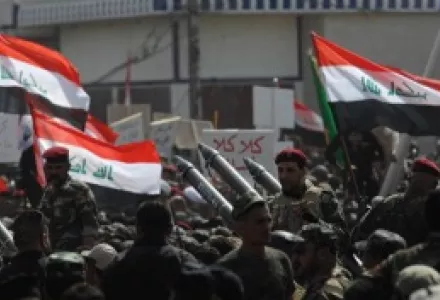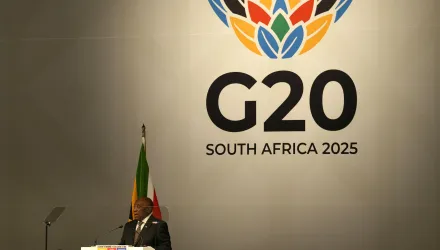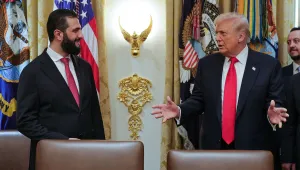A seminar with Rami Khouri, Senior Fellow at MEI and Senior Public Policy Fellow at the Issam Fares Institute for Public Policy and International Affairs at the American University of Beirut.
The current upheavals across the Arab world are violent and messy, but they are far more complex than the facile picture of Sunni-Shiite clashes that is often depicted in the West as the main dynamic that drives current upheavals. After half a century of autocratic governance, chronic corruption, and failed developmental policies, we are witnessing a long overdue recalibration of the fundamental building blocks of Arab statehood that have never been properly configured by the will of their own people.



